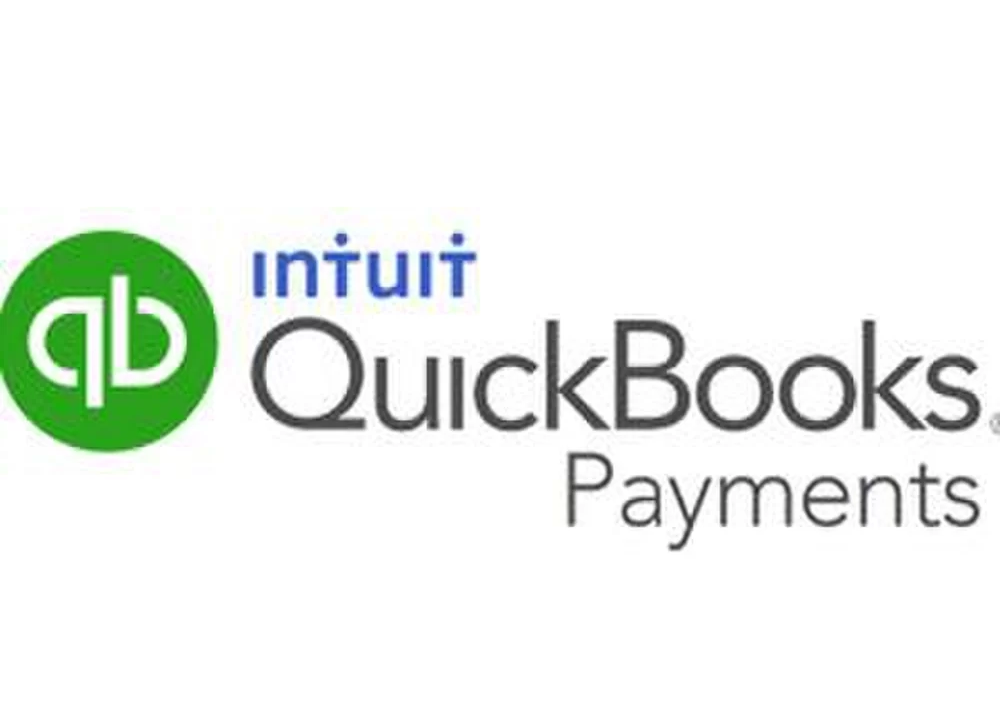Two vital factors dictate your clients’ survival and success: cash flow and happy customers. Connecting the two means finding a payment system that not only allows your clients to get paid faster after a transaction is complete, but also doesn’t compromise their customers’ level of trust, and encourages the consumer to pay how and when is most convenient for them.
According to the National Federation of Independent Businesses, it takes 28 days for the average small business to get paid, with 64 percent saying they have invoices that go unpaid for 60 days or more. On top of that, according to a recent Intuit® survey, nearly a third (31 percent) of small businesses estimate it takes more than 30 days to get paid by customers, clients, venders or banks.
Recently, QuickBooks introduced an innovation that helps small businesses get their money sooner: Next-Day Funding for ACH (bank transfer) payments. Following the introduction of Same Day Payroll, QuickBooks Capital and Next Day Funding for credit card payments, this is just the latest example of how QuickBooks is leveraging the power of machine learning across the platform to put money into the pockets of small businesses faster.
QuickBooks’ Mission and Next-Day Funding for ACH Payments
Next-day funding for ACH payments represents a massive opportunity to improve your clients’ cash flow, freeing up funds that can help them better manage and grow their small businesses. Thanks to advancements in machine learning, and risk and data insights, this new solution provides next day deposit and affordable processing, while helping protect your clients from fraud. This is a vast improvement over traditional processing of ACH payments, which could take up to seven business days. It also allows clients to get paid how they want – a key pain point QuickBooks wanted to solve.
QuickBooks data discovered that most small businesses like having options when it comes to accepting payments. For smaller payments, businesses like accepting credit cards, which are extremely convenient for their customers, keeping both parties happy. On the other hand, for larger transactions the majority (60 percent) still gets paid by check, according to the State of Small Business Payments.
QuickBooks has been working to digitize payments and help your clients realize efficiencies by getting away from sending paper checks, which can end up costing them up to $22 per check in processing fees. Ultimately, however, QuickBooks recognizes small businesses need to get money into their account easily, quickly and affordably, no matter the payment they accept.
“With QuickBooks Payments, we’ve embraced an omnichannel approach, meaning we accept payments in multiple ways across multiple platforms because we understand that small businesses and their clients rely on different payment methods, depending on the transaction,” said Rania Succar, Business Leader for QuickBooks Payments and Capital, Intuit. “This ensures that businesses get paid as fast as they can, regardless how the payment was accepted; in turn, it `improves their cash flow and chances of success.
Payments Ignite Small Business Cash Flow Health
The State of Small Business Payments report produced staggering data that shows the struggle small businesses face when it comes to payments and debt:
- QuickBooks found more than two in five (44 percent) small business owners said the biggest obstacle to getting money in their bank account is customers not paying on time, followed by credit card companies not paying fast enough (35 percent) and customers having insufficient funds (28 percent).
- A third (33 percent) of U.S. small business owners estimate their company currently has more than $20,000 in outstanding receivables, and the average U.S. small business has $53,399 in outstanding receivables.
- Nearly half (47 percent) of small business owners’ companies use Excel, for example, to manually calculate, and track, bill payments, while 37 percent use an accounting software, and 33 percent use an accountant or financial professional.
These stats illustrate how a powerful payment system with the availability and ability to process payments quickly can improve cash flow and the health of a small business.
Results That Matter
Intuit knows that solving your clients’ payment needs largely centers around getting paid fast and ensuring their cash flow remains strong.
From in-person credit card use, to web payments through QuickBooks, retail and mobile payments, QuickBooks Payments ensures businesses get paid anytime, anywhere, from any payment type on any device. This omnichannel approach has led to QuickBooks Payments processing $37B in volume, reinforcing its mission to back those businesses that don’t back down.
The reality is that small business owners using QuickBooks get paid 3x faster than the average time it takes to get paid, and when invoices are sent pay-enabled in QuickBooks, the median time to get paid is 5.8 days, much faster than the 28-day average. Making clients aware of these breakthroughs is a top priority for helping them understand how the right payment system can drastically impact their cash flow.
These next-level results don’t just build your role as your clients’ trusted advisor, but also drive their business growth and ensure they can focus their time on other aspects of their business, rather than worrying about when funds will finally hit their account.
For more information on QuickBooks Payments, please visit https://quickbooks.intuit.com/payments.
Thanks for reading CPA Practice Advisor!
Subscribe Already registered? Log In
Need more information? Read the FAQs





